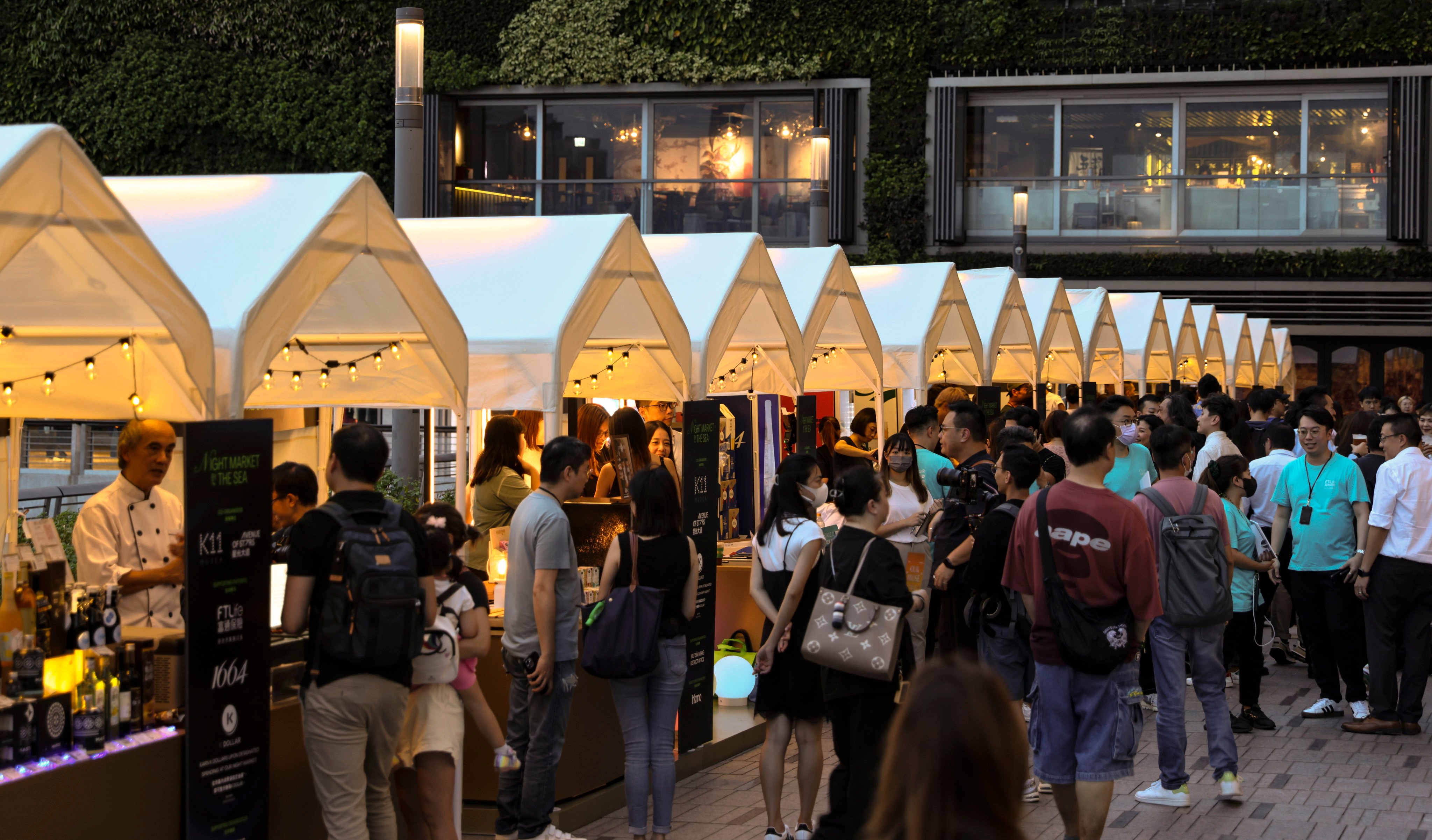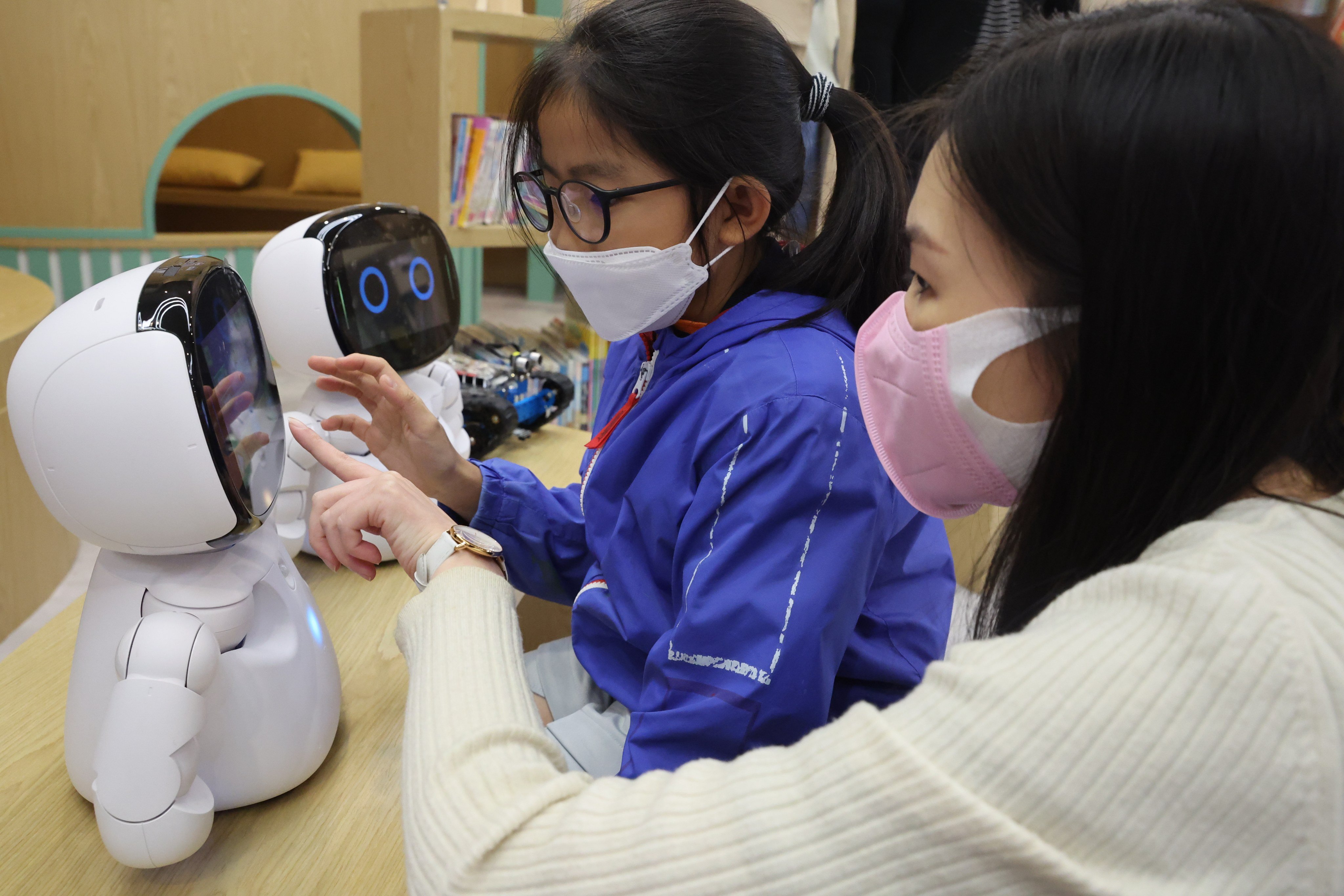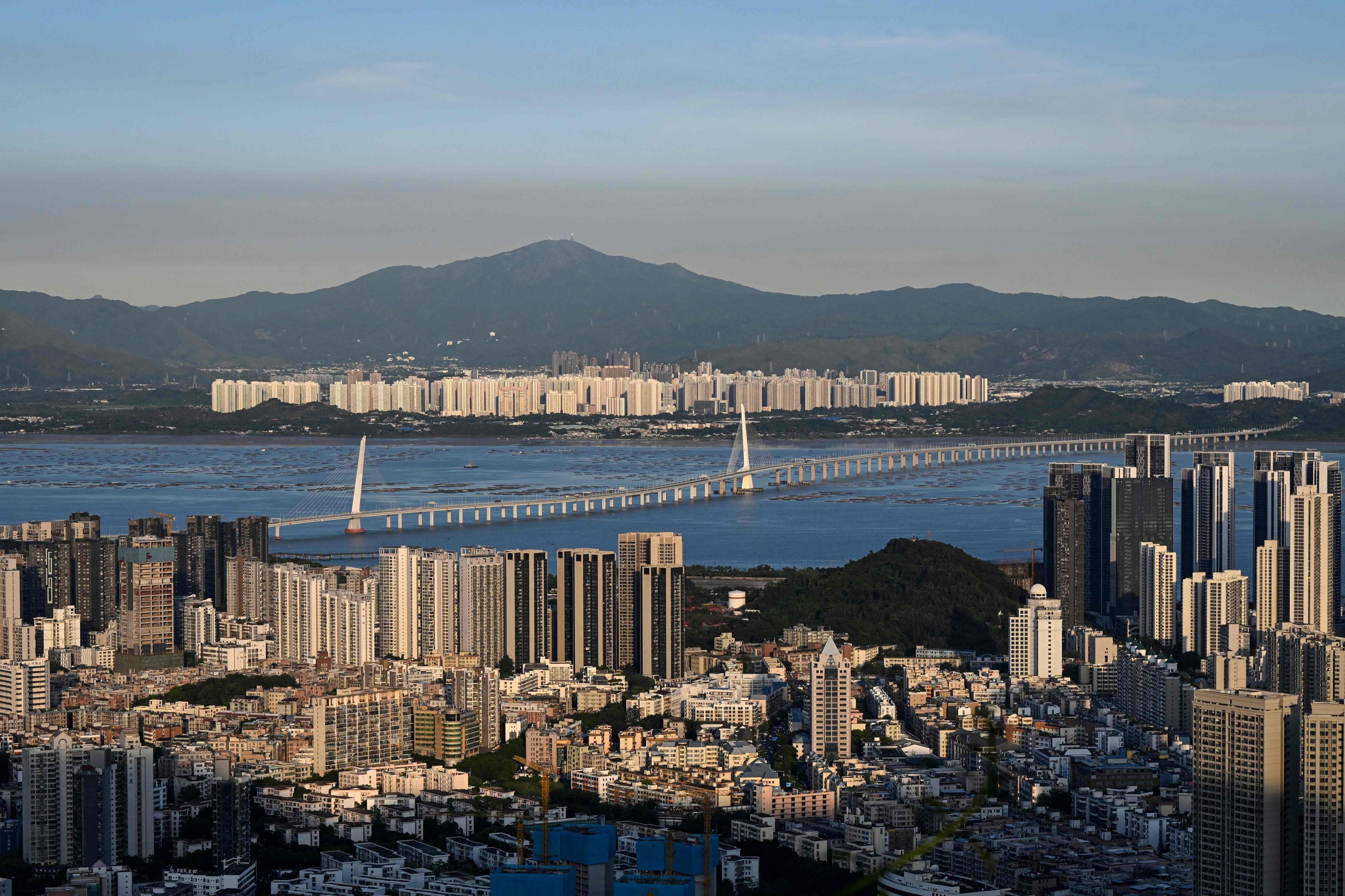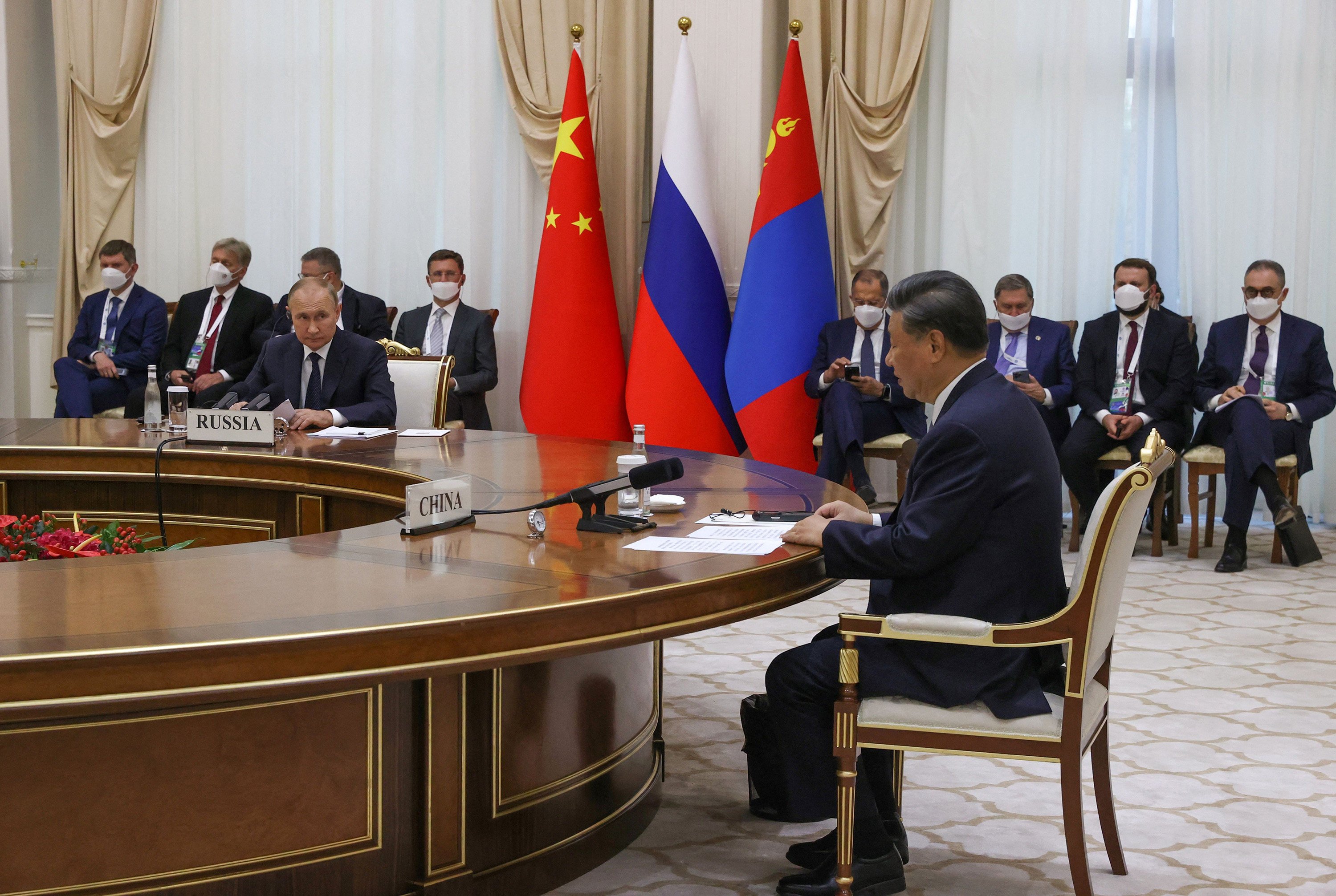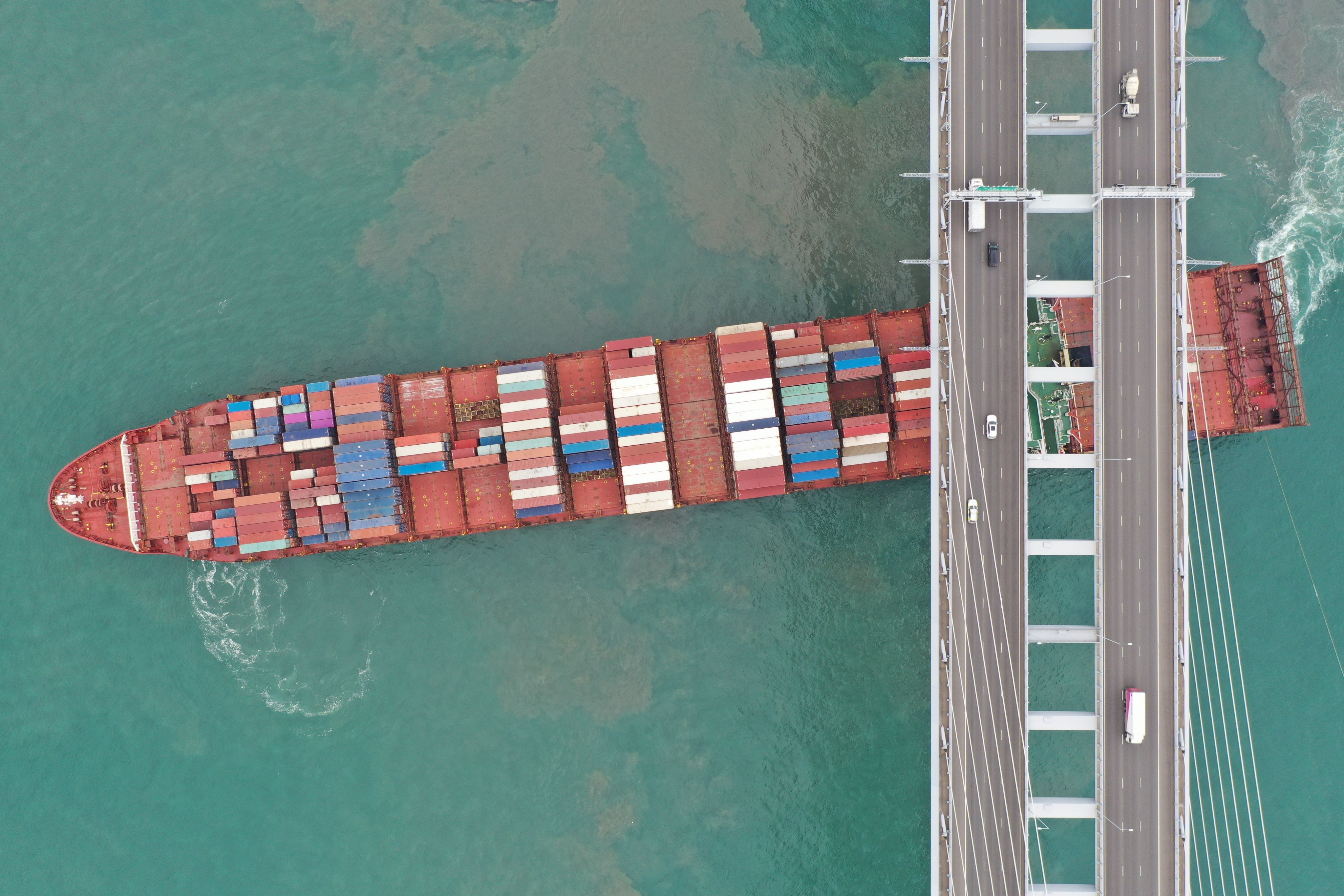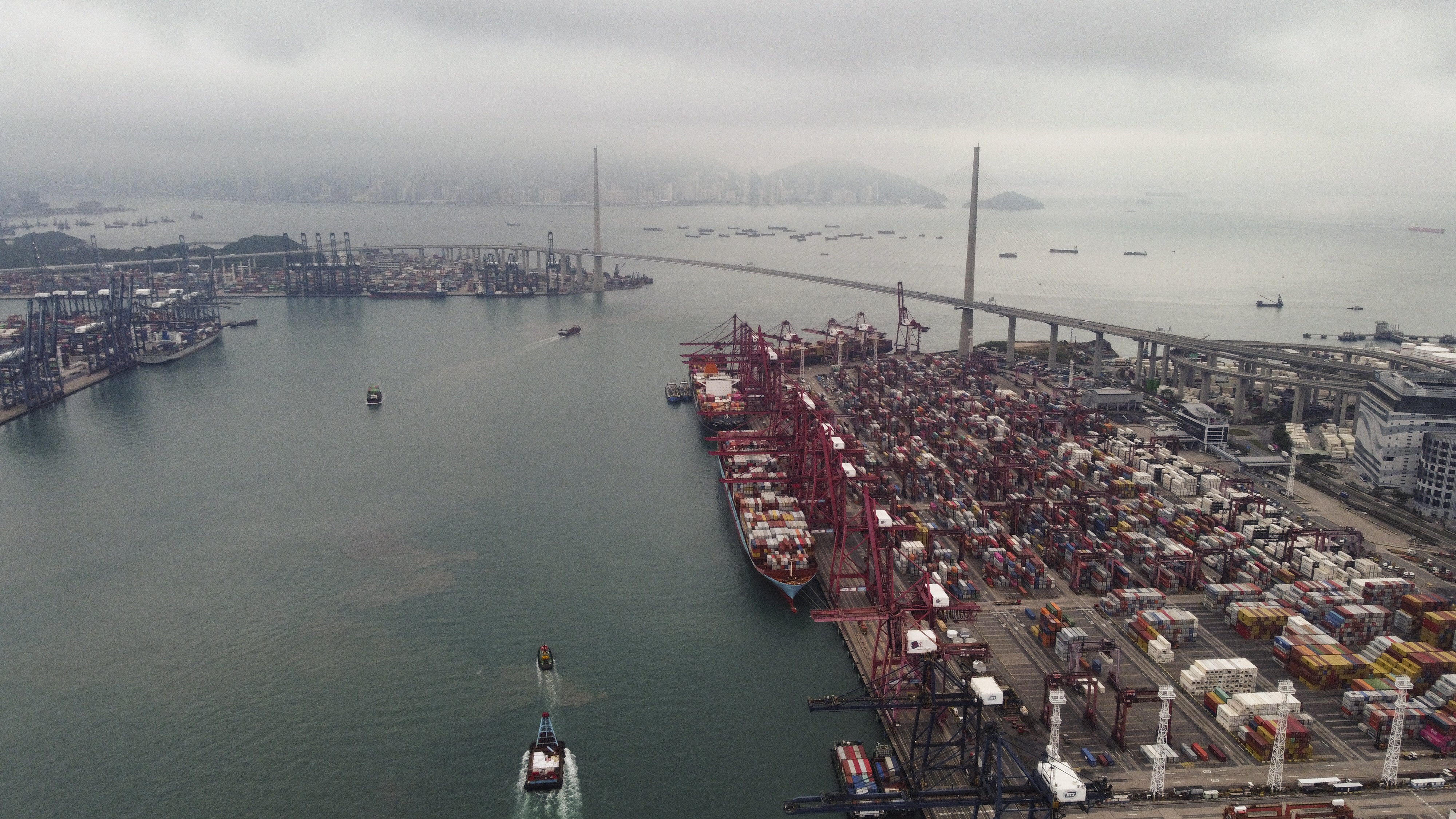
Amid geopolitical tension and intensifying competition from Singapore, a status quo-oriented approach is unlikely to rejuvenate Hong Kong. The government should strengthen partnerships with the private sector to attract talent, foster innovation and secure Hong Kong’s future.
Despite the prevalence of technology in our lives and the heavy focus on STEM education, employers are also looking for people with ‘soft skills’. A liberal arts education which helps students develop these vital skills is essential to training the city’s future workforce and building a better society.
As states are increasingly divided into competing blocs, cities rise as hubs that hold together the unravelling fabric of a deglobalising world. Cities’ ability to build and extend new connections will be crucial, and the Greater Bay Area is fertile ground for Hong Kong to do just that.
With the world’s largest free trade deal close to being ratified by all members, East Asia is taking a significant step towards greater economic integration. The deal underscores the US’ waning influence in a region increasingly defined by a rising China.
Global ambitions aside, the Shanghai Cooperation Organisation remains key to tackling regional unrest and economic uncertainty. Amid Russia’s struggles in Ukraine, China is likely to play a greater role in Central Asia, although Beijing’s influence will be limited by distrust among the populations of these countries.
As a member of the mega trade partnership, Hong Kong could serve as a bridge between regional economies – a role it knows well. Helping to expand trade links across Asia would strengthen the region’s supply chain resilience, while also restoring our city’s ‘international‘ status.
Despite supply chain chaos, geopolitical tensions and rising competition, Hong Kong can still thrive in an evolving regional economy. Improving infrastructure connectivity and adopting smart technology can help the city hold onto its position as a leading trade and finance hub.
Faced with an ageing population, Hong Kong must break away from traditional life planning. When we reimagine longevity as ‘younger for longer’, not ‘older for longer’, we can allow ‘younger’ people to continue learning and contributing to the economy.
Its role as a regional trendsetter, with superior R&D capabilities in textiles and apparel, and good networks in East Asia, are competitive advantages the city would be foolish not to leverage – particularly as the RCEP kicks in.
